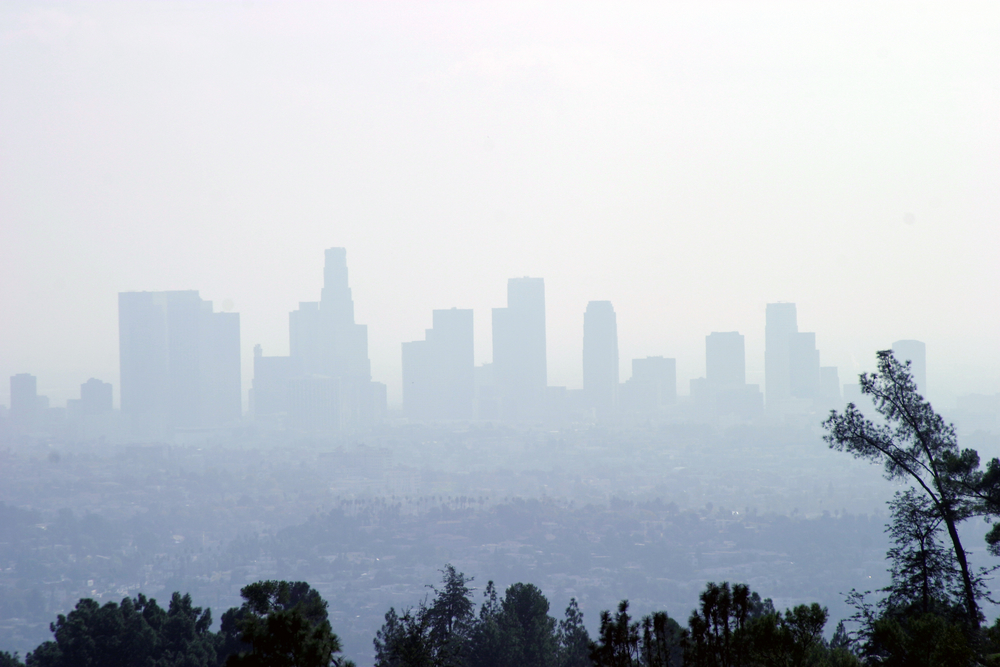Reducing Greenhouse Gas Emissions Could Prevent Premature Deaths

Reducing the flow of the greenhouse gases that spur global warming could prevent up to 3 million premature deaths annually by the year 2100, a new study suggests.
Greenhouse gases such as carbon dioxide trap heat, helping warm the globe. The surge in carbon dioxide levels due to human activity since the Industrial Revolution is now causing an overall warming of the planet that is having impacts around the globe. And the burning of fuel generates not only carbon dioxide, but also air pollutants that are harmful to human health.
Past studies have analyzed how reductions in greenhouse gas emissions would also improve air quality. [5 Ways Climate Change Affects Your Health]
However, most of this previous work has treated any mortality from air pollution as a near-term and local effect, generally not further analyzing how air pollutants can drift across national borders, long-term changes in human populations or the indirect effects of climate change on air quality, said researcher Jason West, an atmospheric scientist at the University of North Carolina at Chapel Hill.
Now West and his colleagues have devised a global model to simulate likely future scenarios of the interaction between mortality and air pollutants, such as ozone and particulate matter (tiny particles suspended in the air).
The researchers found that aggressively reducing greenhouse gas emissions could help prevent 300,000 to 700,000 premature deaths annually by the year 2030, two-thirds of which would be in China. By 2050, such reductions would prevent 800,000 to 1.8 million premature deaths annually. By 2100, between 1.4 million and 3 million premature deaths annually could be averted.
"We found reducing greenhouse gases could lead to a pretty striking reduction in air pollutants, and thus a pretty significant impact on lives saved," West told LiveScience.
Get the world’s most fascinating discoveries delivered straight to your inbox.
Based on standard cost-benefit analysis that assigns a monetary value to saving lives, the researchers estimated that reducing a ton of carbon dioxide emissions was valued at $50 to $380.
"This is much more than the costs of reducing carbon dioxide emissions, so this can justify reducing carbon dioxide emissions from the point of view of human health," West said.
The International Intergovernmental Panel on Climate Change, the international body that assesses the current science on climate change, is due to release its next summary on climate science on Sept. 27. The panel will also release further reports on how climate change will impact the world, and how it might be mitigated, in 2014.
"Climate change is an important problem that needs strong action, and our study suggests serious benefits to reducing greenhouse gases in addition to helping slow down climate change," West said. "Many times, long-term global problems such as climate change are hard to act on, but here we show that reducing greenhouse gas emissions can have near-term, local benefits for health, as well, which might strengthen the arguments for action with governments and citizens."
In the future, researchers can analyze the impacts of efforts to intentionally improve air quality as well as reduce greenhouse gas emissions, West said.
West and his colleagues detailed their findings online Sept. 22 in the journal Nature Climate Change.

